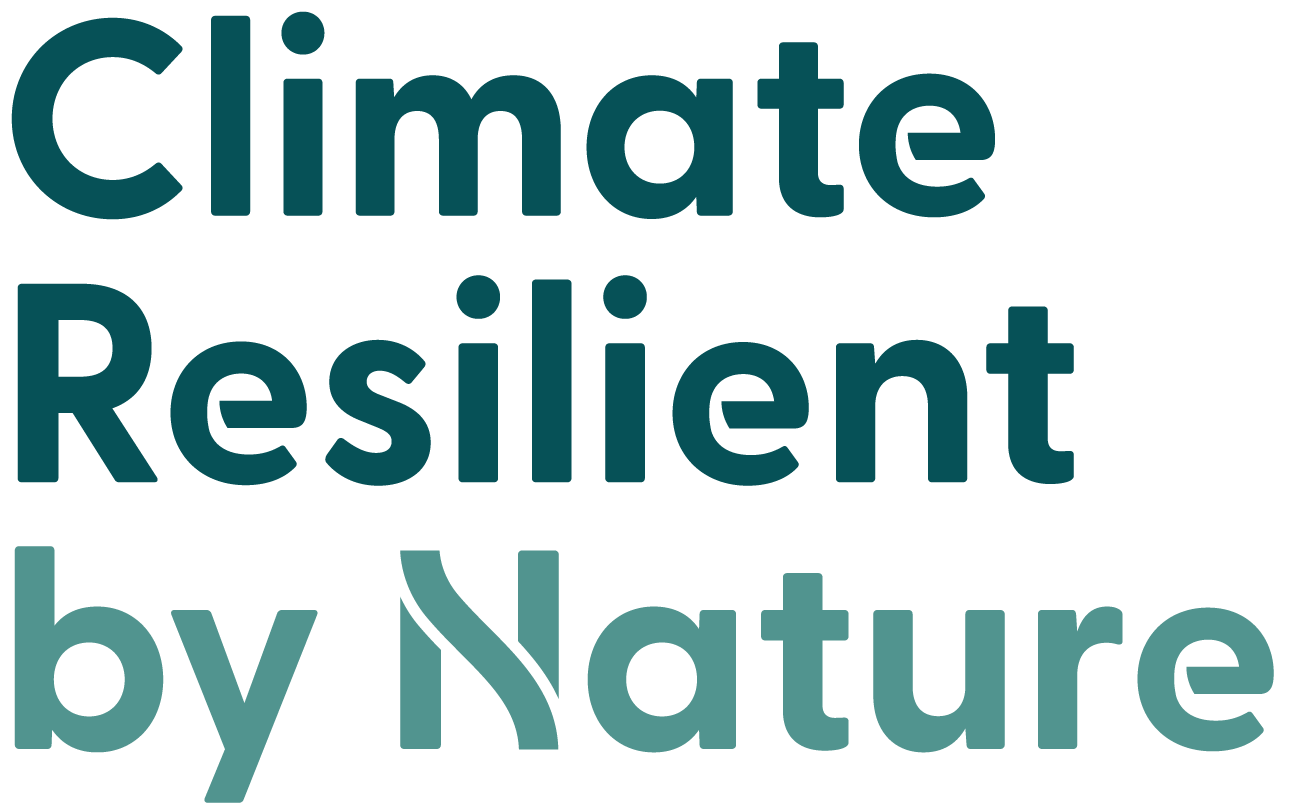Australia-Pacific Nature-based Solutions Challenge
This AUD$4 million Challenge supports ANCP-accredited Australian international development NGOs and their partners in the Pacific to pilot and expand promising and emerging nature-based solutions.
Climate Resilient by Nature (CRxN) is an Australian Government initiative in partnership with WWF-Australia, advancing equitable nature-based solutions to climate change in the Indo-Pacific. CRxN supports projects that work with communities to restore and protect critical ecosystems, build sustainable livelihoods, and increase resilience to climate shocks.
Announcing 5 CRxN Pacific NbS Challenge Projects
The Australia-Pacific NbS Challenge supports Australian international development NGOs and their partners in the Pacific to pilot and expand promising and emerging nature-based solutions to climate change.
We know that nature-based solutions are most effective when aligned with the development needs and aspirations of local communities, and are proud to support, and learn from, some of Australia’s leading international development NGOs working at the intersection of development and conservation.
CRxN is pleased to announce the first five Challenge projects, which will support communities in eight Pacific Island countries to harness the power of nature for climate change mitigation and adaptation.
These projects leverage the expertise of both humanitarian and environmental NGOs, to deliver benefits to the environment and people.
Save the Children, Kyeema Foundation, ActionAid, World Vision, and Caritas’ CRxN Challenge projects commenced in June 2022.
Learn more about the five projects below.
Deploying an IFAD in Ghizo Island, Western Province | © Mark Bristow / WWF-PNG
Project Name: Ni Vanuatu Women leading Solutions to Climate Change
Project Partners: ActionAid Vanuatu, Vanuatu Disability Promotion & Advocacy association and Women I TokTok Tugeta
Project Locations: Erromango and Tanna, Tafea Province, Vanuatu
Empower 1,000 women, including women with disabilities, to lead agroecology solutions to protect agro-biodiversity of soil in Tanna and Erramango. A combination of demonstration plots, seed banks, nurseries and learning exchanges will be utilised to promote climate resilient livelihoods, and the Women I TokTok Tugeta network will take this knowledge back to their communities. The project sites target upland farms affected by soil erosion and poor soil nutrition, along with coconut and banana plantations in low-lying coastal areas. These sites have been selected due to their exposure to successive cyclones and climate-related disasters.
Project Name: Transforming Rural Lives through Adaptation and Carbon Capture (TRACC)
Project Partners: Catholic Relief Services, Aboriginal Carbon Foundation (AbCF), Caritas Diocescana Baucau
Project Locations: Baucau and Viqueque Municipalities, Timor Leste
Using nature-based solutions to reduce deforestation and promote agroforestry in Timor Leste. Delivering essential climate mitigation and adaptation impacts, and individual and community behaviour shifts leading to improved forest management. A robust deforestation behaviour change barrier analysis will be conducted, and complemented with the introduction of agroforestry practices for 500 households. In addition, the project will generate learning about Timor Leste’s ability to engage in carbon crediting schemes.
A partnership with AbCF will facilitate farmer-to-farmer exchanges between Timorese farmers and Indigenous Australian carbon farmers to support mutual knowledge exchange, with an emphasis on Traditional Ecological Knowledge practices.
Project Name: Corals, Chickens and Community in Fiji, PNG and other Pacific Island Countries
Project Partners: Corals for Conservation, Just World Partnerships
Project Locations: Fiji, Papua New Guinea, Kiribati, Samoa; Tuvalu and Vanuatu
Supporting young indigenous scientists from six Pacific Island counties, and community leaders from Fiji and PNG, to help restore compromised reef ecosystems. Healthy reefs will reduce the vulnerability of coastal communities to climate-related shocks like marine heat waves, rising sea levels, storm surges and coastal erosion. Indigenous scientists will identify and save bleaching resistant corals, and cultivate coral gardens for reintroduction to local reef systems.
In Fiji and PNG, the project will support community members to develop alternative livelihoods such as village chicken keeping, seaweed products and permaculture.
Project Name: Sustainable Community Climate Resilience through Nature-based Solutions in Papua New Guinea and Solomon Islands
Project Partners: Save the Children PNG, Save the Children Solomon Islands, Natural Carbon, The Nature Conservancy, Mai-Maasina Green Belt
Project Locations: Central Province, Papua New Guinea, Malaita Province, Solomon Islands
Supporting communities in coastal areas in PNG and Solomon Islands to build resilience to climate change impacts by managing and protecting coastal ecosystems. The project is focused on protecting mangroves and coastal forests, and developing sustainable livelihoods derived from these healthy ecosystems such as honey production and carbon market investments.
Meaningful participation of women and people with disabilities in climate related decision-making and interventions is a particular focus, as is upskilling youth to engage with nature-based solutions.
Project Name: Community-led Farmer Managed Natural Regeneration (FMNR) of mangroves, farmland and tropical forests in North Malaita and Makira-Ulawa
Project Partners: Ministry of Fisheries and Marine Resources, Ministry of Environment, Climate Change, Disaster Management and Meteorology and People with a Disability Solomon Islands
Project Locations: Malaita and Makira-Ulawa Provinces, Solomon Islands
Applying World Vision’s pioneering Farmer Managed Natural Regeneration (FMNR) approach. In partnership with 8 communities, the project will regenerate, restore and protect agricultural land and tropical forests, and pilot FMNR with mangroves. FMNR involves the systematic regrowth and management of trees and shrubs from felled tree stumps, sprouting root systems or seeds. The regrown trees and shrubs help restore soil structure and fertility, inhibit erosion, and increase biodiversity. The project will also conduct training and awareness of climate change, with a strong focus on understanding community Traditional Knowledge, and integrating it with climate change adaptation planning.
Protecting forests, mangroves and agricultural land will enhance community resilience to climate change, strengthen climate-resilient agricultural livelihoods, and reduce disaster risks, while strengthening community capacity, leadership and confidence.







